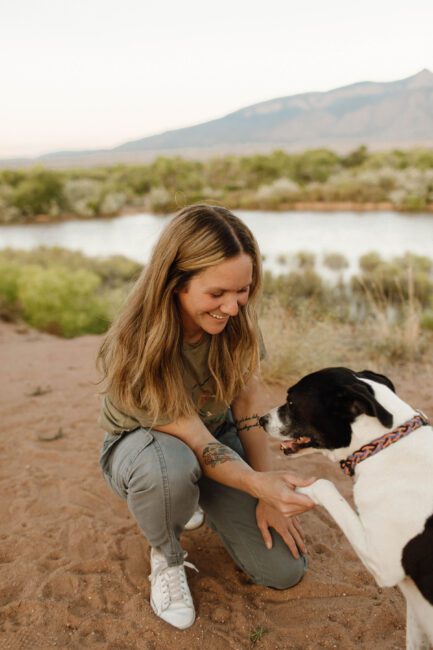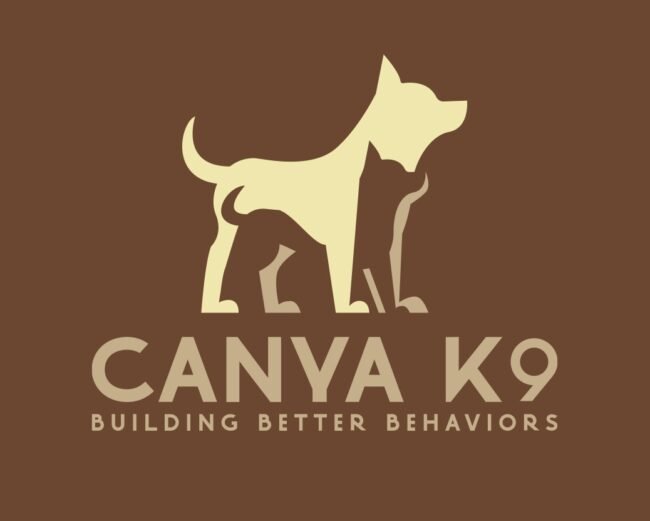Episode 3: Zachary Scott
In this episode, Canya K9 and guest Zachary Scott discuss the challenges and rewards of working with military canine units, particularly focusing on the importance of passion, training techniques, and the dynamics between handlers and their dogs. They reflect on personal experiences, the evolution of training culture, and the mental health aspects of being a canine handler. The conversation also touches on the significance of detection training and the relationships formed within the canine community.
Chapters:
00:00 New Year, New Beginnings
03:09 Resolutions and Goals
05:52 Zach’s Journey in Canine Handling
11:17 Training Challenges and Insights
17:01 Advice for New Handlers
19:30 The Importance of Self-Education in Dog Training
22:18 Understanding Different Training Methods
25:26 The Role of Handler Psychology in Training
28:09 Gender Dynamics in Dog Training
31:03 Overcoming Personal Challenges in Training
34:22 The Evolution of Training Culture
37:25 Reflections on Handler Development
42:34 The Importance of Work Ethic in Military K9 Handling
49:11 Training and Perspectives on K9 Work
51:18 New Year’s Eve Podcast Chaos
51:47 The Importance of Detection in Dog Training
54:11 Obedience: The Foundation of Dog Training
56:37 Balancing Obedience and Drive in Dogs
59:28 The Role of E-Collars in Dog Training
01:03:46 Handler and Dog Compatibility
01:09:52 Finding Positivity in Dog Handling Challenges
01:13:30 Introduction and Work-Life Balance
01:16:22 Mental Health and Burnout in Canine Handling
01:19:12 Memorable Experiences in K9 Career
01:22:30 Passion for the Job and Future Aspirations
Takeaways:
- Recording a podcast on New Year’s Eve can be chaotic.
- Passion for dogs is crucial in canine work.
- Handlers should not take work stress home.
- Detection training is vital for military dogs.
- Obedience training helps in communication with dogs.
- Not every handler-dog team meshes well together.
- Mental health is important for handlers.
- The culture of canine training is evolving.
- Handlers need to be proactive in their training.
- It’s okay to feel burnt out; support is available.

Join Our Newsletter
Stay informed on the latest information.






